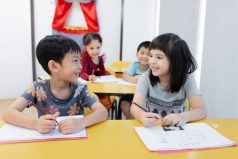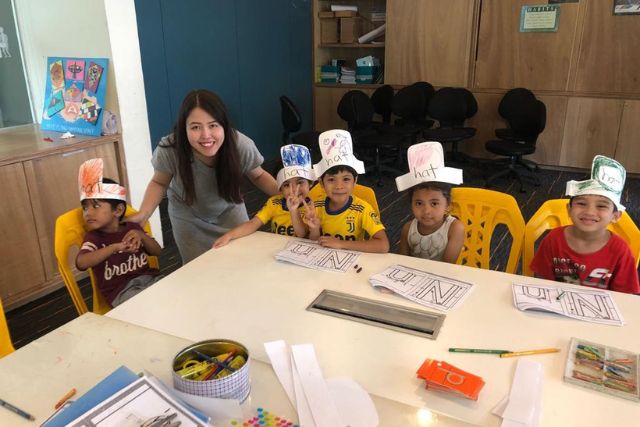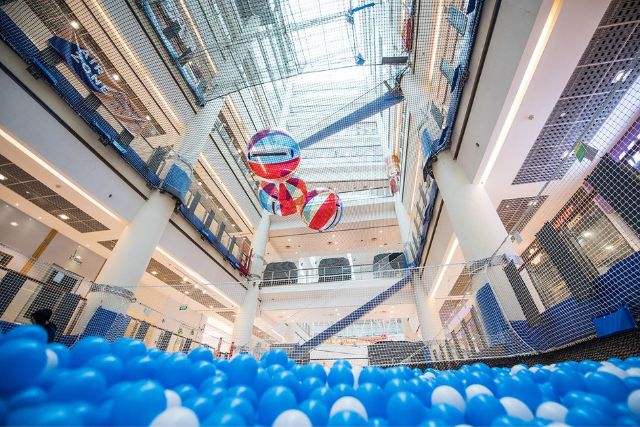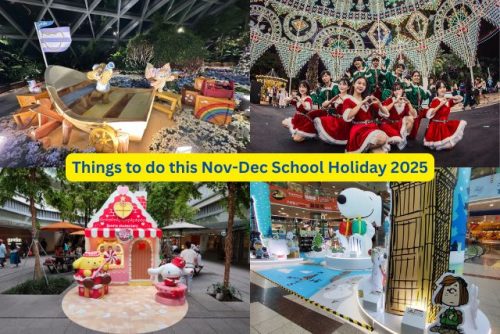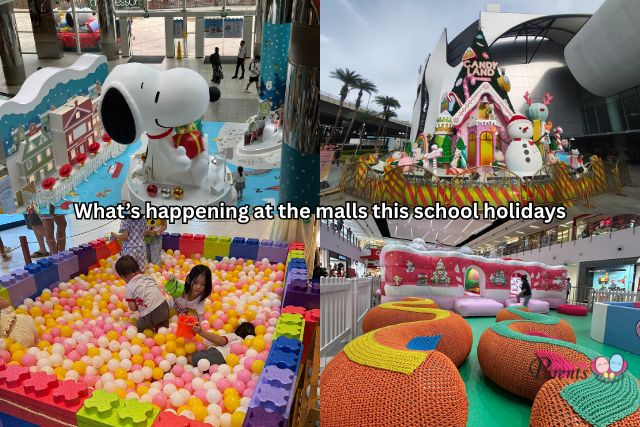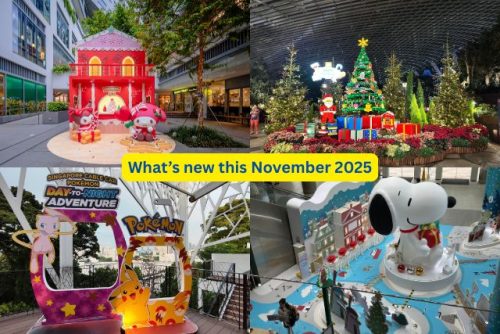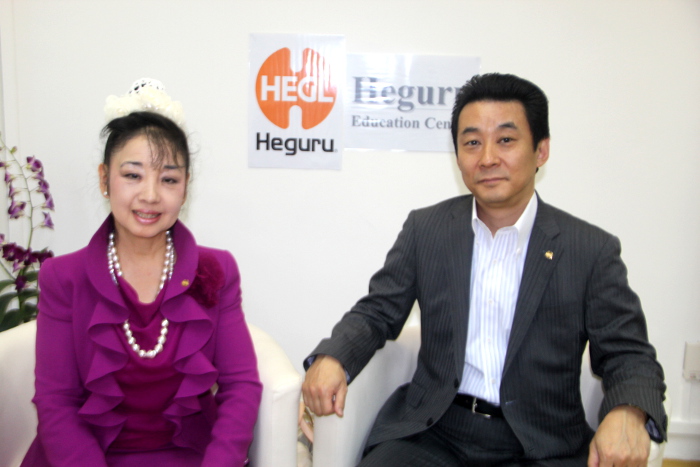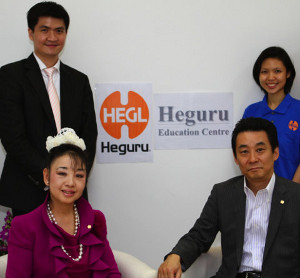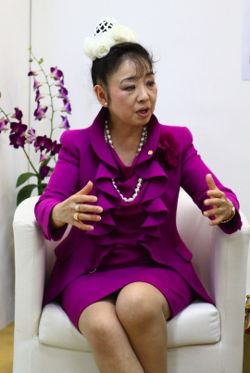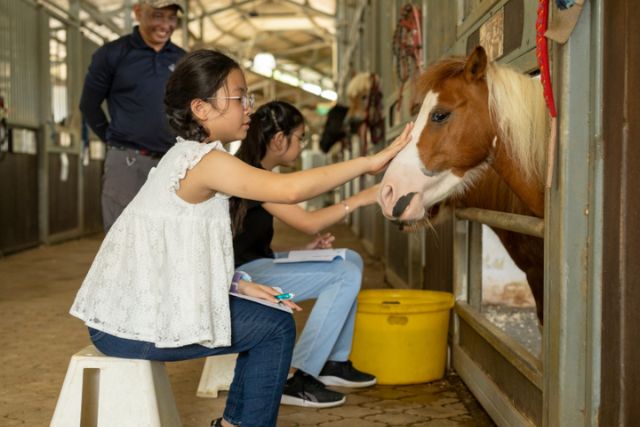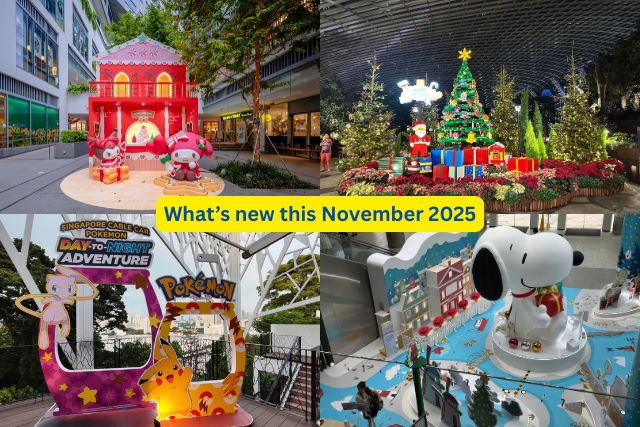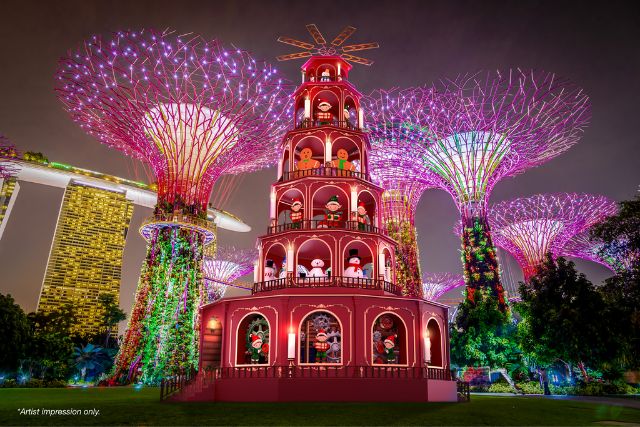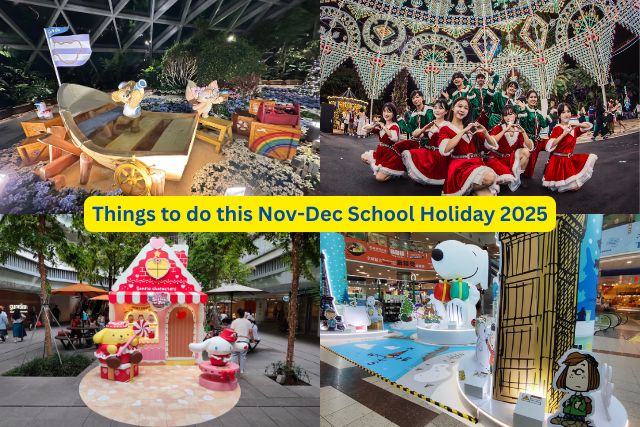Read A Book In 30 Seconds?
Picture this. A group of children flipping through the pages of a book at a very fast speed. They have never seen, much less read the book before. They flip the book to and fro a few times for about 30 seconds. After 30 seconds, the children write down the contents of the book on a piece of paper. Here is where the magic happens; the contents written by these children are not only detailed, but spot on.
This is known as “Hado Reading” (literally translated to Wave Reading).
Developed by Mrs Ruiko Henmi, CEO and founder of HEGL (Heguru) “Hado Reading” offers the ability of being able to understand the contents of a book within seconds. The New Age Parents was invited to the opening of Heguru Education Centre @ Eunos, and had the privilege to speak to Mrs Ruiko Henmi and Mr Hirotada Henmi (though a translator) about this unique reading technique, what the Heguru program is all about, and their visions for today’s children.
Hi Mr Hirotada and Mrs Ruiko, nice to meet you. Is this your first time in Singapore? How do you like it so far?
Ruiko Henmi (RH): This is both of our second time in Singapore. Well, it’s a very lively city. We can feel the city and there are lots of people from different races. I feel that there is a long way for Singapore to develop and it’s developing rapidly.
I understand one key aspect of Heguru program is developing the child’s right and left brain. How does the program support this?
RH: Our program is designed in such a way that there are three stages of teaching. The first stage is catered to teaching very young children, from birth to 3 years old. At this stage, the baby’s right brain is just starting to develop. Hence we emphasize more on the right brain.
The second stage is during the preschool years, from 4 years old to 6 years old. During this stage, the left brain (which is the analytical and logical side) starts to develop, and we will introduce more activities to stimulate the left side of the brain, and also activities to bridge the left to right and vice versa.
The third stage is the Primary School stage, from 7 – 12 years old. During this stage, there is more focus on left brain and also developing both sides of the brain. There will be more activities to synergize the left and right side.
Let’s talk about your brainchild, the “Hado Reading” (also known as “Wave Reading”) method. Can you tell us more about that?
RH: For “Hado Reading”, the children are flipping through the pages but they actually never read the words. The left brain tackles the logic, and the right brain tackles the potential. When we say potential, it refers to the subconscious mind. During “Hado Reading”, the child is not ‘reading’ the words but tapping on his sub consciousness to catch the meanings. Young children have this potential in all of them. Even children at a very young age can read signs from their parents. Let me cite an example.
When children do something wrong, they can tell their parents are angry without the parents telling them. This happens and is not based on any law; the children can feel it. The same thing goes for learning. Even without reading the exact words, children can use their sub consciousness to catch the meanings. This sub consciousness is in all of us; it is in you and me. But unless you are trained or taught, you can’t or don’t know how to tap on it. Our Heguru program is about developing three things: your child’s right brain, left brain, and heart. Why the heart as well? Because your feelings of well-being would actually influence your learning.
When will you be able to see some results in the program?
RH: You will be able to see some changes in 3 months. You will see an improvement in your child. He or she may have a better focus, concentration and memory. Your child may also show more interest in more things, as it’s easier for him or her to catch meanings. So they get interested more easily.
Is “Hado Reading” the core of the program? Or are there other aspects of the program?
RH: There are other aspects in the program. The Hado Reading is a benchmark for the trainers to see the level of your child. A child would not be able to move on to the next level, unless he or she has acquired a certain level of Hado Reading. It’s developmentally sequential in that sense.
How are the classes conducted?
RH: There will be a maximum intake of 6 – 7 infants in a class with two trained professionals. For the infant and toddler class, it is necessary for the mother to accompany and sit in with her child. This is because the basis of our learning is based one ‘love, sentiments/emotions and knowledge’. Unless the child is surrounded by love, he or she will not be able to have a good foundation for learning. That is why we highly recommend parents to sit in with their babies.
How does “Hado Reading” help in a child’s learning or development?
RH: There are different aspects to look at this. From an academic or cognitive perspective, you will see an improvement in your child’s memory. This is due to the enhanced focus and concentration from the left and right brain activities. You will also see a better performance in sports or any physical activities in your child. From an athletes’ point of view, they perform better when they are in the ‘right physical zone’. By practicing “Hado Reading”, one is able to get into that ‘zone’ quicker and better. Artistically speaking, your child’s creativity will be enhanced because he or she is able to achieve a better level of technique.
One of Heguru philosophy is fostering the ‘good hearts’ of children. What is the school’s definition of a ‘good heart’?
RH: The most basic thing we always tell our students is that you have to grow up to be a useful person to society; to be an asset to society. This is one thing we try to inculcate in children when they are very young.
Out of curiosity, did you have any adults approaching you about joining the program as well?
RH: Yes of course. When our parents see their kids doing better than them, they don’t want to lose out. In Tokyo, we have many parents how have approached us and we have a four day course for adults, called PAD – Potential Ability Development. In this course, the parents actually learn together with their children. However, 95% of the time, the kids do better than the adults (laughs).
Hirotada Henmi: Just to add on, the parents and adults who attended the seminar found that it improved their intuition and instincts. It helped with their business as they were more decisive and could make accurate and better decisions at work.
If there is one thing you could change for the better in the lives of children today, what would it be?
RH: No matter where you come from, whatever education system you have gone though, one thing we would like for the child to achieve is for him or her to have a broader vision of the world. Probably because of the stress of school work, a lot of children cannot look beyond their homework and exams. We would like children to break out of this myopic vision, and look beyond; to have a wider perspective of the world. So whatever they learn, they can put to better use for the world, and not just to pass the exam or do better in school. With such a mindset, when children grow up to adults, they would want to do something better, for the society, the country or the world; to be better citizens of the world.
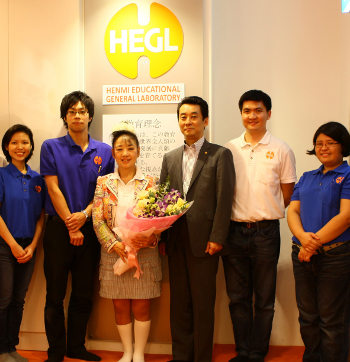
Any last words of advice you would like to say to our Singaporean parents?
RH: Most parents would be more focused on results, but the most important thing is to find out the child’s actual talent; where his talent lies. If you are being too quick to determine this, it’s like picking a bud before the flower actually blooms. That would be a terrible thing to happen for the child. Give your child more time to develop to his potential; it takes time for results to show.
Do not limit everything to results. As long as your child is good and likes something, and you give him the opportunity to develop, he will find success with something. And when he meets with some success, at something, his confidence will grow and find more joy in learning. Most of the Singaporean parents themselves are brought up and taught on how to use only their left brain. We hope that Singapore parents will spend more time or pay more attention to developing the right brain of the child as well.
Website: hegurueducation.com.sg
Heguru Education Centre has been selected as one of the nominees for The New Age Parents Choice Awards! To cast your vote, head over to The New Age Parents Awards 2019 – Cast Your Votes Now! and stand to win attractive prizes. Voting ends on 15 Sep 2019.
* * * * *
Looking to reach over 100,000 parents in Singapore? Let us amplify your message! Drop your contact details here, and we’ll reach out to you.
Discover exciting family-friendly events and places to explore! Join our Telegram channel for curated parenting recommendations.







